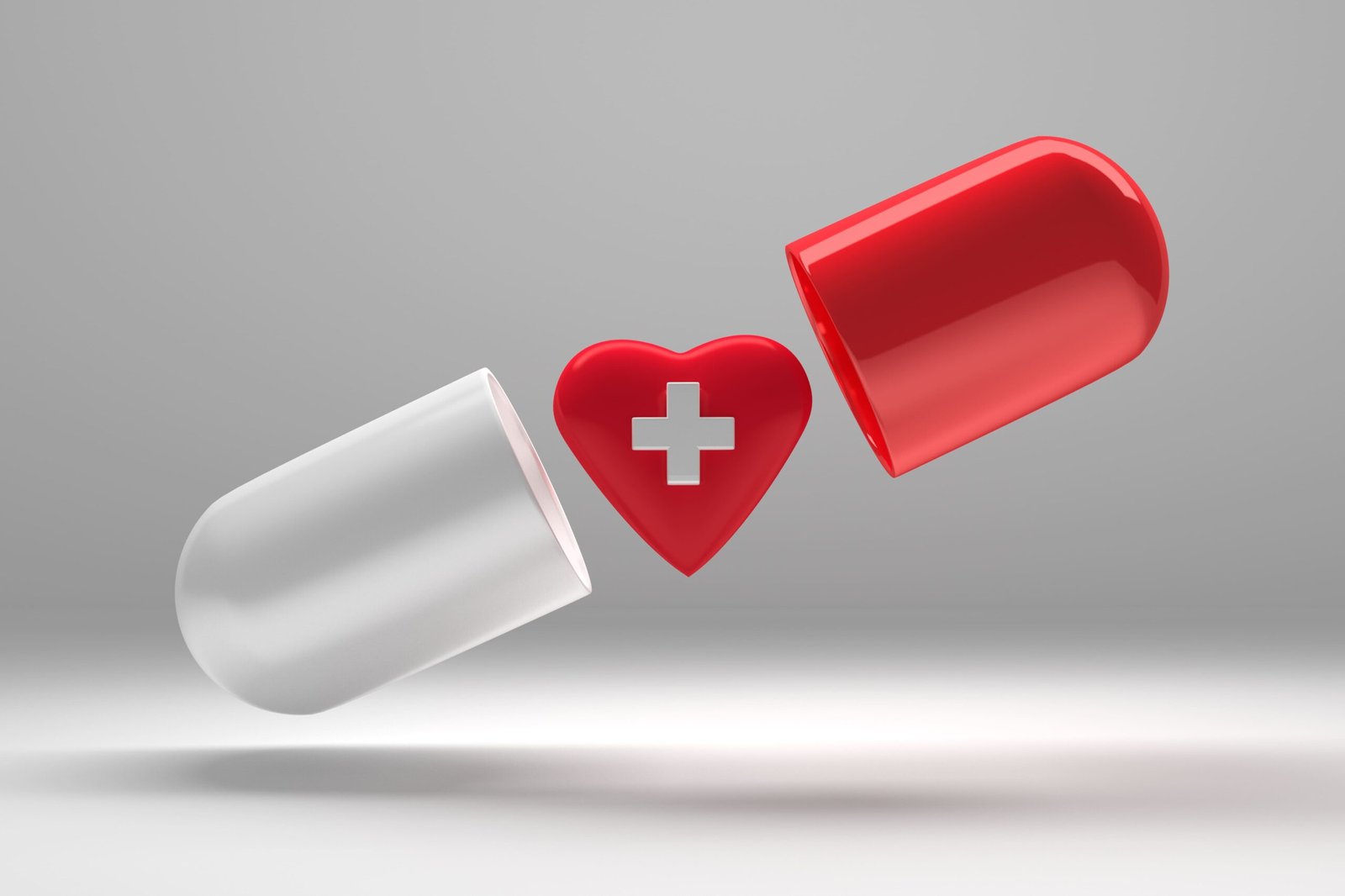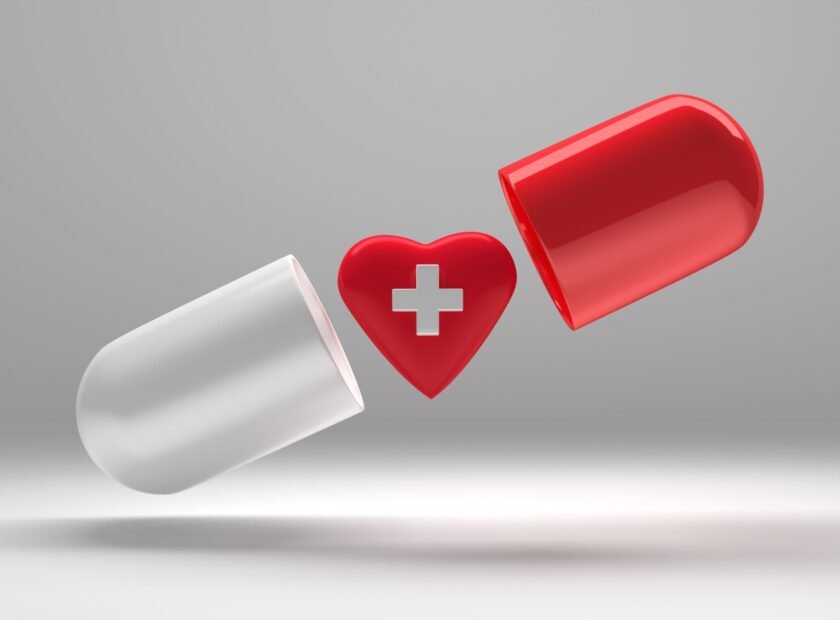
Should I Take Aspirin to Prevent a Heart Attack or Stroke?
Should I Take Aspirin to Prevent a Heart Attack or Stroke?
You may want to have a say in this decision, or you may simply want to follow your doctor’s recommendation. Either way, this information will help you understand what your choices are so that you can talk to your doctor about them.
Aspirin: Should I Take Daily Aspirin to Prevent a Heart Attack or Stroke?
Here’s a record of your answers. You can use it to talk with your doctor or loved ones about your decision.
Get the facts
Compare your options
What matters most to you?
Where are you leaning now?
What else do you need to make your decision?
1. Get the Facts
Your options
Start taking daily aspirin.
Don’t start taking daily aspirin.
Is this decision for you? This could be a decision for you if you have NOT had a heart attack or a stroke and you and your doctor are deciding whether aspirin might help you. Aspirin is strongly recommended for people who have been diagnosed with coronary heart disease or who have had a heart attack or some kinds of stroke.5 Aspirin may also be used by people who’ve had bypass surgery or angioplasty or who have peripheral artery disease.
Key points to remember
Daily aspirin is an option for some people at high risk of a heart attack or stroke to help lower their risk. But taking aspirin isn’t right for most people because it can cause serious bleeding.
You can work with your doctor to find out your risk of heart attack and stroke and your risk of bleeding.
If you don’t have a high risk of heart attack or stroke, the benefits of aspirin probably won’t outweigh the risk of bleeding.
If you have a high risk of heart attack or stroke and a low risk of bleeding, your doctor can help you decide if aspirin is a good choice for you.
You may decide that reducing your risk of heart attack and stroke is worth the risk of bleeding. Or you may decide that the benefit isn’t worth the risk.
If you decide to take a daily aspirin, it’s best to take a low-dose tablet (75 to 100 mg). This may help reduce side effects.
You can do other things to reduce your chance of having a heart attack or stroke. These things are important whether you take aspirin or not. They include eating healthy foods, getting regular exercise, staying at a healthy weight, not smoking, and managing other health problems that increase your risk, such as high blood pressure.
FAQs
How might aspirin prevent a heart attack or stroke?
A heart attack most often happens because blood flow through one or more of the coronary arteries is blocked. This blockage is usually caused by a blood clot that forms when plaque in the artery breaks open. A stroke occurs when a blood clot blocks a blood vessel in the brain (ischemic stroke). Aspirin can prevent blood clots from forming in your arteries. This may help prevent a heart attack or stroke.
Who can’t take daily aspirin?
People who have certain health problems shouldn’t take aspirin. These include people who:
Have recently had a stomach ulcer or bleeding in the digestive tract.
Have recently had a stroke caused by bleeding in the brain.
Are allergic to aspirin.
Have asthma that is made worse by aspirin.
What are the risks of taking aspirin?
Aspirin causes your blood to clot more slowly. This increases your chance of bleeding problems, which can be serious.
Aspirin can cause:
Bleeding in your stomach or another part of your digestive tract.
Bleeding in other parts of the body, including the brain.
Most doctors think that a heart attack or stroke usually causes more damage than a serious bleed.
The risk of bleeding isn’t the same for everyone. For example, people’s risk of bleeding gets higher as they get older. Your doctor can help you know your risk of bleeding based on your age and your health.
Some people have other problems from aspirin. These include an allergic reaction, stomach pain, and nausea.
How can you decide if taking aspirin is right for you?
Your doctor can help you understand your risk of heart attack or stroke and your risk of bleeding. Then you can decide what’s right for you.
If you don’t have a high risk of heart attack or stroke or if you have an increased risk of serious bleeding, the benefits of taking aspirin probably won’t outweigh the chance of serious bleeding.
If you have a high risk of heart attack or stroke and a low risk of serious bleeding, you may decide that reducing your risk of heart attack and stroke is worth the risk of bleeding. Or you may decide that the benefit isn’t worth the risk.
You and your doctor may also talk about your age. People who are younger than 40 don’t seem to benefit much from aspirin. For people older than 60 or 70, the risk of bleeding is likely greater than the possible benefit of taking aspirin.2, 4 Your doctor can help you understand whether aspirin might help you based on your age.
How can you know your risk for a heart attack or stroke?
Your doctor can estimate your risk for a heart attack or stroke in the next 10 years. Your doctor may use a tool called a risk calculator to figure out your risk. The tools are not perfect. They may show that your risk is higher or lower than it really is. But they can give you and your doctor a good idea about your risk.
There are different calculators, but they all include details about your health. These include:
Your age, gender, and race or ethnic group.
Your blood pressure and cholesterol numbers.
If you have diabetes.
If you’re being treated for high blood pressure or high cholesterol.
If you smoke or did in the past.
What lifestyle changes can lower your chance of heart attack or stroke?
You can do other things to reduce your chance of having a heart attack or stroke. These things are important whether you take a daily aspirin or not.
Eat healthy foods.
Get regular exercise.
Stay at a healthy weight. Lose weight if you need to.
Don’t smoke.
Manage other health problems that increase your risk of heart attack and stroke. These include high blood pressure, diabetes, and high cholesterol.
What do numbers tell us about benefits and risks of aspirin?
Benefits
Evidence shows that for people with a high risk of heart attack or stroke, aspirin lowers the chance of heart attack, stroke, and dying from heart disease. The quality of this evidence is high.
Take a group of 100 people who have a high risk of heart attack or stroke. Here are their chances of having one in the next 10 years:6, 1
Without aspirin, about 20 out of 100 people will have a heart attack or stroke or die from heart disease. This means that about 80 out of 100 won’t have one.
With aspirin, about 18 out of 100 people will have a heart attack or stroke or die from heart disease. This means that about 82 out of 100 won’t.
Note that:
This is just one example. Your risk of heart attack and stroke may be different.
These estimates apply to people who are younger than 70 years old.3
Evidence shows that aspirin increases the chance of serious bleeding. The quality of this evidence is high.
Take a group of 100 people who have a low risk of bleeding. Here are their chances of having serious bleeding in the next 10 years:6, 1
Without aspirin, about 1 out of 100 will have serious bleeding. This means that 99 out of 100 won’t.
With aspirin, about 2 out of 100 will have serious bleeding. This means that about 98 out of 100 won’t.
Take a group of 100 people who have a moderate risk of bleeding. Here are their chances of having serious bleeding in the next 10 years:6, 1
Without aspirin, about 10 out of 100 people will have serious bleeding. This means that 90 out of 100 won’t.
With aspirin, about 15 out of 100 people will have serious bleeding. This means that 85 out of 100 won’t.
Take a group of 100 people who have a high risk of bleeding. Here are their chances of having serious bleeding in the next 10 years:6, 1
Without aspirin, about 20 out of 100 people will have serious bleeding. This means that about 80 out of 100 won’t.
With aspirin, about 30 out of 100 people will have serious bleeding. This means that about 70 out of 100 won’t.
Understanding the evidence
Some evidence is better than other evidence. Evidence comes from studies that look at how well treatments and tests work and how safe they are. For many reasons, some studies are more reliable than others. The better the evidence is—the higher its quality—the more we can trust it.
The information shown here is based on the best available evidence.6, 1
The evidence is rated using four quality levels: high, moderate, borderline, and inconclusive.
Another thing to understand is that the evidence can’t predict what’s going to happen in your case. When evidence tells us that 2 out of 100 people who have a certain test or treatment may have a certain result and that 98 out of 100 may not, there’s no way to know if you will be one of the 2 or one of the 98.
Dr Jamal Dabbas




